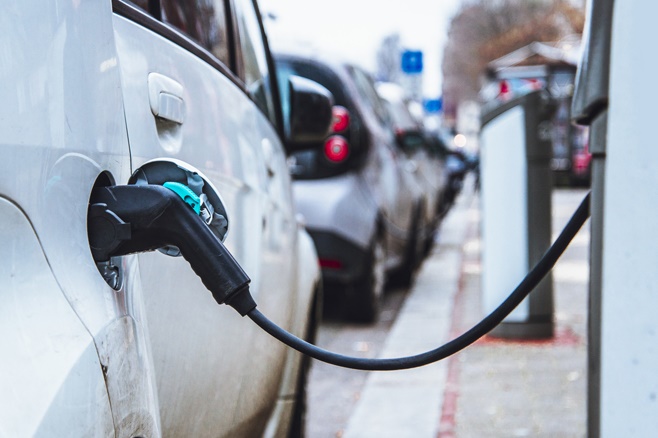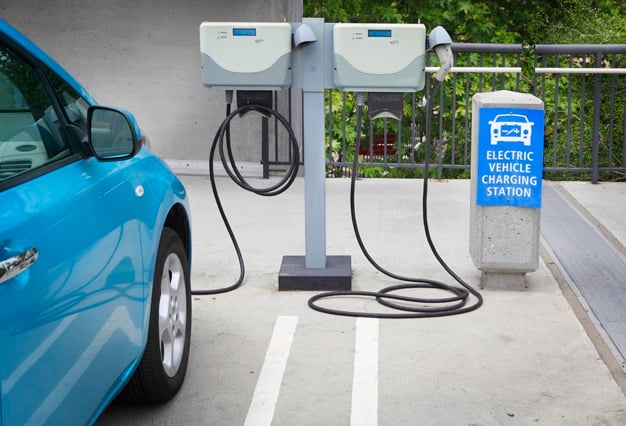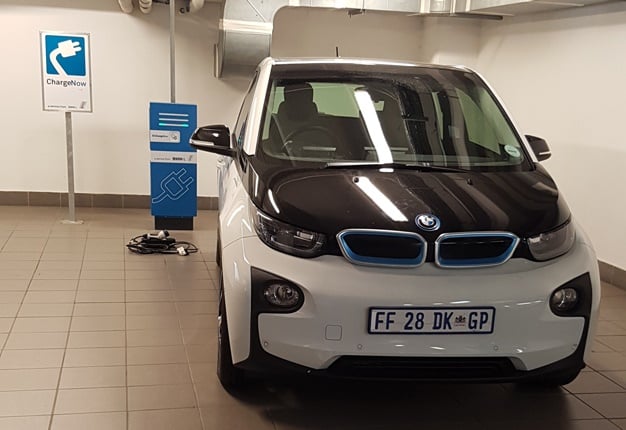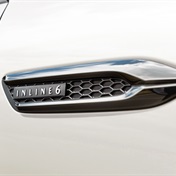
Shell SA recently announced that they will be launching the first electric vehicle (EV) charging stations in their retail network this year, starting with a small number and building up as demand grows.
That same week, the country started once again experiencing widespread power outages.
'No resources at present'
Jeff Osborne of Gumtree Automotive believes that, while EVs are a necessary and natural progression for the auto industry, it’s highly unlikely there will significant adoption locally any time soon.
READ: Load shedding 'devastates' SA vehicle auctions
"Aside from the very obvious supply issues, we don't have the resources at present and, with more tariff hikes on the cards, electricity is brutally expensive," he says.
Image: iStock
Osborne adds that not only is owning an EV in South Africa financially challenging, it’s also not necessarily good for the environment either.
"Plugging an electric vehicle into your home uses an amount of energy equivalent to adding three houses to the grid. This pressure increases should the owner install dedicated electric charging stations to charge more quickly," Osborne says.
'Largely untested'
"Whereas a modest home draws about 3000 watts of energy at most, some electric vehicles can draw 16 800 watts off a fast charger. Because South Africa uses coal power, an environmentally-unfriendly mode of electricity, there’s little reduction in one's carbon footprint by driving an electric car.
READ: No electricity? Here's how to drive during #Loadshedding
"There is some talk of powering charging stations via solar panels, but this is largely untested, as quick charging draws huge currents. An electric car is only as clean as the grid," he says.
Image: Wheels24 / Charlen Raymond
"Considering that it will take you 8-12 hours to charge your car once the battery is flat (off your household plug) and that you will only be able to travel 150-200kms off that charged battery, you might be recharging your car fully every single night."
That doesn't mean that we shouldn't be planning to go electric in the next few years, says Osborne.
"We do have to lower carbon emissions and reduce our dependency on fossil fuels, so a switch to EVs or their equivalent is inevitable and we have to plan for it.
Image: iStock
"Fuel cell electric vehicles that convert hydrogen gas into electricity are gaining popularity. It's relatively new on the market but could be a great low-emission option in the long-term," he adds.
Osborne also has high hopes for biofuel, which would bypass the electricity supply issues.
"Ethanol (produced from plant material) is already being blended with petrol to make fuel substitutes, and relatively cheap modifications will allow a vehicle to run off 85% ethanol as well as gasoline.
"This is known as flexfuel. And biodiesel has been used since the 1870s and is made from recycled cooking oil. There are plenty of promising options in this space," Osborne concludes.




 Publications
Publications
 Partners
Partners













